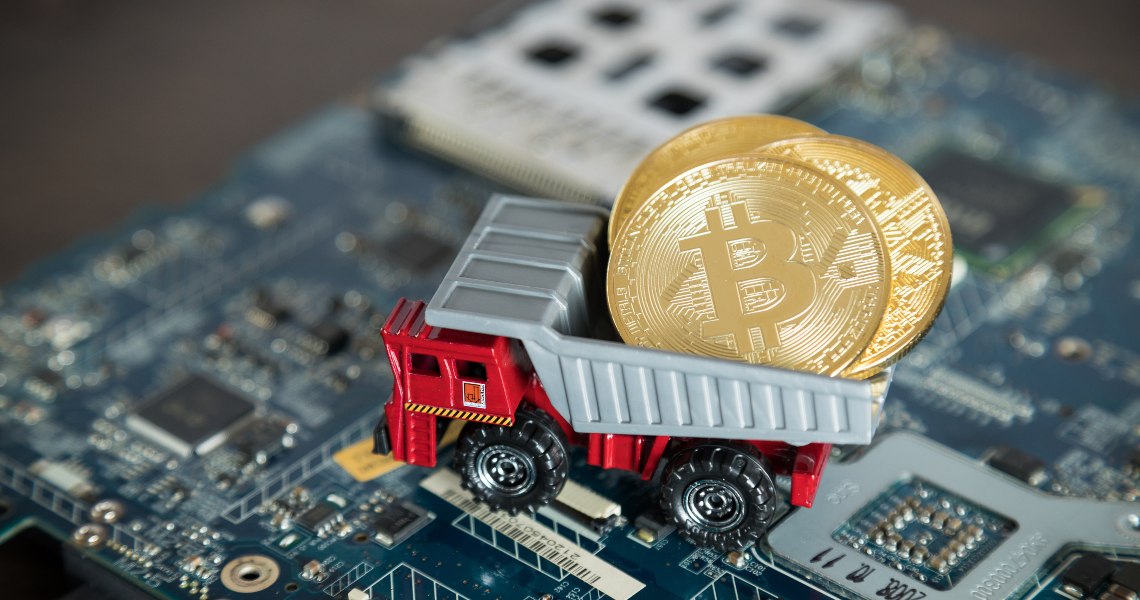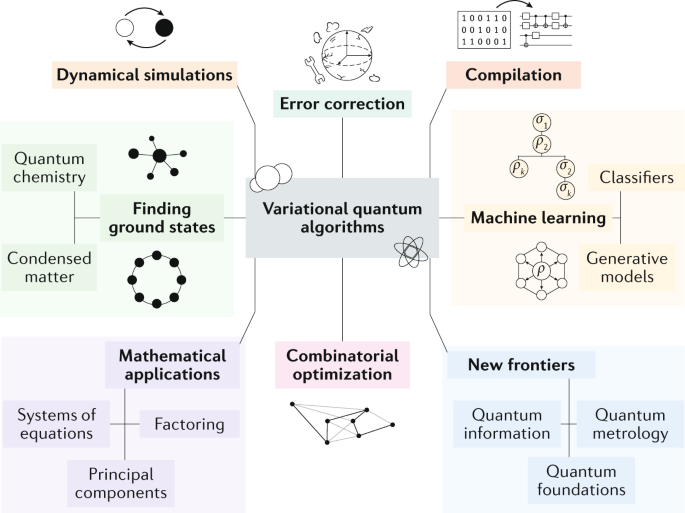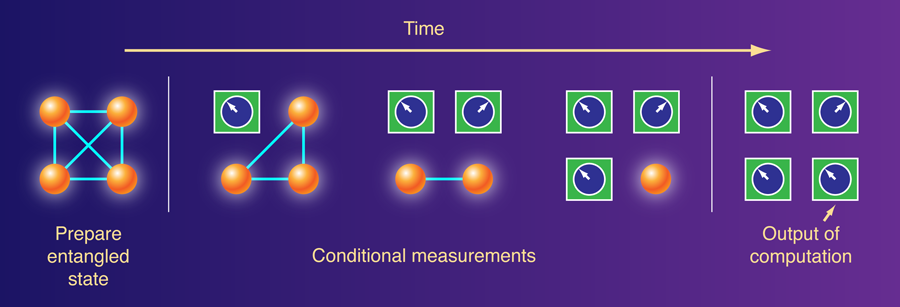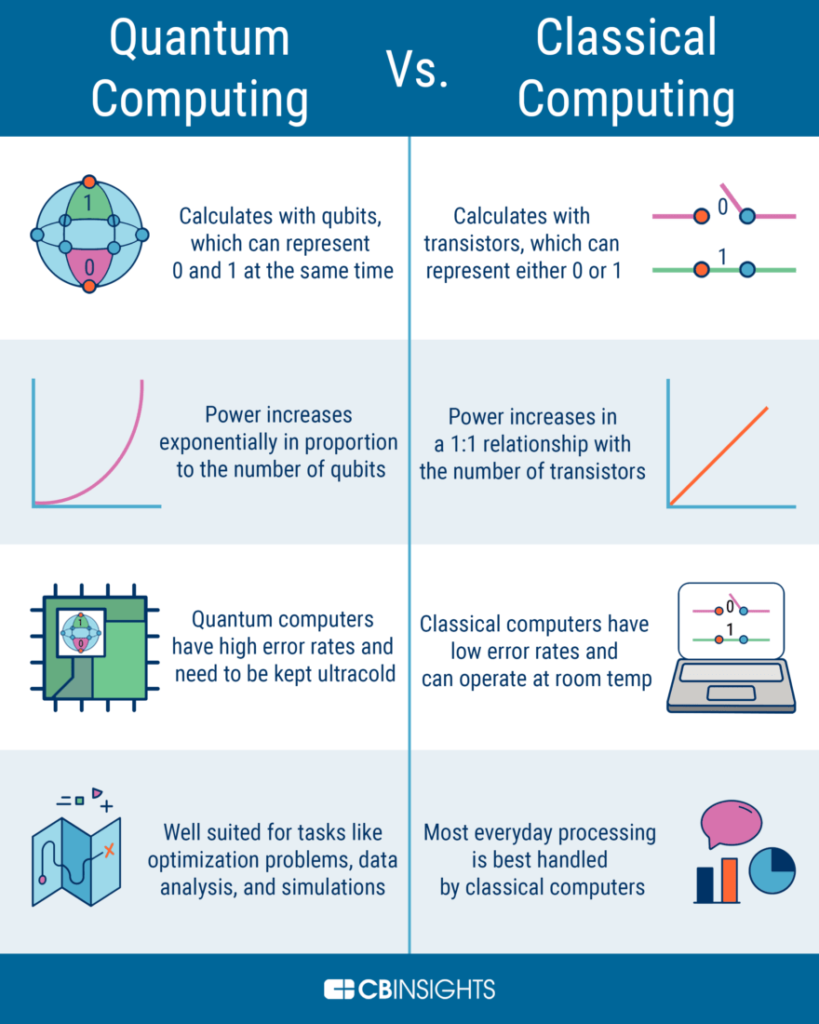Cryptocurrency mining is a complicated process that requires powerful computing resources to solve complex mathematical algorithms. Bitcoin, the world’s most popular cryptocurrency, relies on a proof-of-work algorithm that demands vast amounts of computational power. The challenge for miners is finding faster and more efficient ways to solve these algorithms to increase their chances of receiving the bitcoin reward. Quantum computing technology has been making strides in recent years, and many experts believe that it could potentially revolutionize the mining industry.
Quantum algorithms are designed to perform operations that are impossible for classical computers to execute. They could potentially solve complex cryptographic puzzles with greater speed and efficiency than traditional machines. This has led some to speculate that quantum algorithms could be the key to unlocking faster and more profitable bitcoin mining. However, the technology is still in its infancy, and there are many challenges that need to be overcome before it can be fully integrated into the mining process. In this article, we will explore the potential benefits and limitations of using quantum algorithms for bitcoin mining and examine the current state of the technology.
Quantum algorithms can potentially mine Bitcoin faster, although the technology is still in its infancy. Cryptocurrencies like Bitcoin rely on complex mathematical computations to secure its network; quantum algorithms can speed up these computations, but the technology is still too new to be implemented. In the future, quantum algorithms may be used to mine Bitcoin faster, but for now, traditional algorithms are the safest option.

Can Quantum Algorithms Mine Bitcoin Faster?
Quantum algorithms are becoming increasingly popular for a variety of applications, including in finance and cryptocurrency. In the case of Bitcoin, quantum algorithms can potentially be used to mine Bitcoin faster and with much lower energy consumption.
What are Quantum Algorithms?
Quantum algorithms are algorithms based on the principles of quantum mechanics, which are a set of laws that govern the behavior of particles on an atomic and subatomic level. These algorithms make use of the principles of quantum entanglement and superposition to solve complex problems much faster than traditional algorithms. In the case of Bitcoin mining, quantum algorithms can be used to quickly solve the computationally intensive tasks involved in verifying and recording Bitcoin transactions.
How Can Quantum Algorithms Mine Bitcoin?
In order to mine Bitcoin, miners must solve a series of complex mathematical problems. These problems are known as “proof-of-work” and require a large amount of computing power to solve. The higher the computing power, the more likely a miner is to solve the problem and receive the reward for mining a block of Bitcoin.
Traditional computing is limited in its computing power and can take a significant amount of time to complete these proof-of-work tasks. Quantum algorithms, on the other hand, can solve these tasks much faster and with far less energy consumption. This allows miners to mine Bitcoin faster and with less energy consumption, reducing the cost of mining.
How Secure is Quantum Mining?
Quantum mining is secure as long as the miners are using a secure quantum algorithm. The algorithm must be designed with the principles of quantum mechanics in mind, and must be resistant to any attempts at tampering or manipulation. In addition, the algorithm must be tested thoroughly to ensure it is secure and reliable.
Are Quantum Algorithms Worth It?
The answer to this question depends on the individual miner. For miners who are looking for the most efficient and cost-effective way to mine Bitcoin, quantum algorithms may be worth considering. Quantum algorithms can reduce energy costs and increase mining speed, which can lead to higher profits. However, it is important to note that quantum algorithms are still relatively new and may not be as secure as traditional algorithms. Therefore, it is important to evaluate the risks and benefits before deciding to use quantum algorithms for mining Bitcoin.
Frequently Asked Questions
This page provides answers to questions about the use of quantum algorithms to mine Bitcoin.
Can quantum algorithms mine Bitcoin faster?
In theory, quantum algorithms could be used to mine Bitcoin faster than traditional methods. However, it is important to note that the development of quantum computing is still in its early stages. This means that, while quantum algorithms could theoretically be used to mine Bitcoin faster, they are not yet practical to implement.
The main challenge to using quantum algorithms to mine Bitcoin is that the quantum computing technology is still relatively new and extremely expensive. This means that the cost of using quantum algorithms to mine Bitcoin is currently prohibitive. Additionally, it will take some time before quantum algorithms become sophisticated enough to be used to mine Bitcoin with any real efficiency. Therefore, while quantum algorithms could theoretically be used to mine Bitcoin faster, it is currently not practical to do so.

Can Quantum Computers mine Bitcoin faster? #Shorts
In conclusion, the potential of quantum algorithms to mine Bitcoin faster is a topic of great interest to both the cryptocurrency and quantum computing communities. While there is no doubt that quantum computing has the potential to revolutionize many industries, including finance, it is important to understand that quantum computers are still in their infancy. As such, there is little concrete evidence to suggest that quantum algorithms can mine Bitcoin faster than classical computers.
However, it is clear that the development of quantum computing will have a profound impact on the world of finance, and it is likely that we will see new and innovative ways of mining Bitcoin and other cryptocurrencies emerge as quantum computing technology advances. Whether or not quantum algorithms can mine Bitcoin faster remains to be seen, but one thing is certain: the future of finance will be shaped by the continued development of quantum computing technology.



